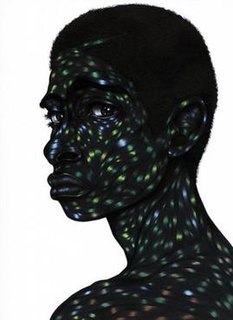A Quote by Joel Kinnaman
I think that in Sweden and a lot of European countries, there's this whole mythology of the wounded artist: that you can't really do any great art unless you're suffering.
Related Quotes
Membership in the European Community, now the European Union, has enabled Ireland to re-find its sense of participation - cultural, political, social - at the European level. I think that also opens up possibilities for Ireland as a European country to look outward - to look particularly, for example, at countries to which a lot of Irish people emigrated, to our links - our human links - with the United States, with Canada, with Australia, with New Zealand. And to look also, because of our history, at our links to the developing countries.
I think one big reason why Sweden might have a good reputation around the world is that if you look at Norway or Denmark or Finland, any of the Scandinavian countries, they all seem less interested in being a part of the larger world, where Sweden has always tried to reach out, whether it's with Volvos, Saabs, H&Ms, music, clothes.
I think a 23-page ordinary comic is an investment for the artist, but if you're doing something 60 to 104 pages, that's a really big investment for an artist. So unless you've got someone who wants to pay you while you're doing it or up front, it's kind hard to get someone to do that with you, unless you're the artist yourself.
I started blogging because I didn't know if I wanted to be an artist. I wanted to talk to other people online who were doing art, so I would post work and ask for feedback. I loved that an artist like James Jean would show his process on his blog. It became this open dialogue that, unfortunately, we don't have a lot in the fine-art world. People will say, "Wow, you share a lot." I'm like, "No, I make it a point to." Instagram is a great place for people to share failure. I don't want people to think that being an artist is some glamorous life.

